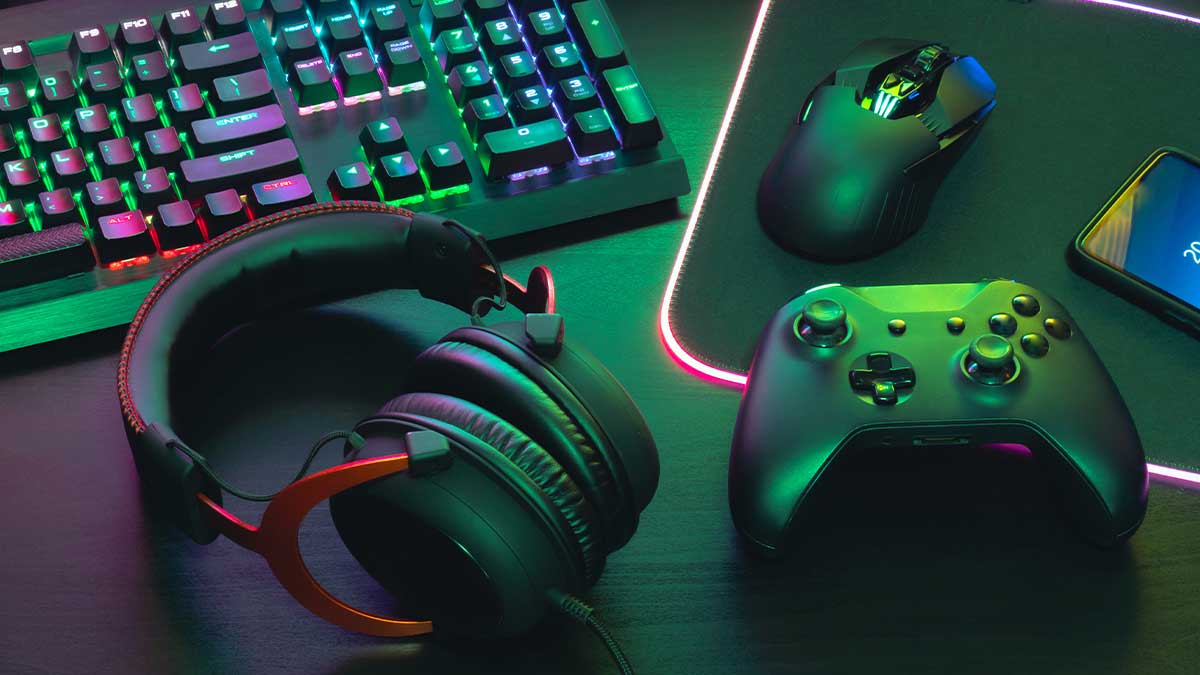
Video games have come a long way since their inception, evolving from a niche hobby enjoyed by a select few to a mainstream cultural phenomenon that transcends generations. The world of video games has expanded far beyond traditional consoles and personal computers, now encompassing esports, game streaming, and virtual reality. In this article, we’ll explore the fascinating journey of how video game culture has grown and transformed into the massive industry it is today.
The Early Days: From Niche to Popularity
Video games made their debut in the mid-20th century with simple, pixelated graphics and basic gameplay. Initially, they were seen as a novel form of entertainment, primarily enjoyed by young gamers and tech enthusiasts. Early classics like Pong and Space Invaders laid the foundation for what was to come.
The 1980s witnessed a significant growth in the popularity of arcade games and home consoles. Titles such as Pac-Man and Super Mario Bros. became cultural phenomena, establishing gaming as a beloved pastime. However, the stigma of video games being solely for kids or “geeks” persisted.
The Game-Changing 90s
The 1990s brought pivotal changes to video game culture. The release of consoles like the Super Nintendo and Sega Genesis offered more sophisticated gameplay experiences. Gamers of all ages embraced titles like The Legend of Zelda: Ocarina of Time and Final Fantasy VII.
The rise of the internet in the late ’90s also revolutionized gaming. Multiplayer online games like EverQuest and Ultima Online paved the way for the massive online gaming communities we see today. LAN parties and internet cafes created spaces for gamers to come together, solidifying the social aspect of gaming.
The 21st Century Transformation
The 21st century marked a turning point for video game culture. Technological advancements led to improved graphics, immersive storytelling, and more complex gameplay. Games like Halo, World of Warcraft, and Grand Theft Auto captivated audiences, drawing players from diverse backgrounds.
Esports, competitive video gaming, emerged as a mainstream spectacle. Games like League of Legends and Counter-Strike: Global Offensive drew massive audiences, offering professional players fame and fortune. Esports events filled arenas, and tournaments awarded millions in prize money.
Game streaming platforms, particularly Twitch, revolutionized how gamers share their experiences. Streaming personalities became celebrities, with millions of viewers tuning in to watch live gameplay, commentaries, and interactions. Streaming allowed for a sense of community and interaction among players and viewers.
Virtual Reality (VR) added a new dimension to gaming. With headsets like the Oculus Rift and HTC Vive, players could immerse themselves in virtual worlds. VR also expanded into areas beyond gaming, such as virtual tourism and training simulations.
The Mainstream Acceptance
Today, video game culture is not just mainstream but also an integral part of global entertainment. Gaming has transcended age, gender, and background, with a diverse community of players and enthusiasts.
Video games are not only about entertainment but also a form of art. Games like Journey, Celeste, and The Last of Us have been celebrated for their emotional depth and storytelling. The gaming industry continues to push boundaries and challenge conventions.
The evolution of video game culture from a niche hobby to a mainstream phenomenon is a testament to the industry’s innovation and adaptability. With advancements in technology, the rise of esports, game streaming, and virtual reality, video games have woven themselves into the fabric of our culture. As we look to the future, it’s clear that video games will continue to push boundaries, unite communities, and redefine how we perceive entertainment. The journey from niche to mainstream is not just a cultural shift; it’s a remarkable transformation of an art form, shaping generations to come.





